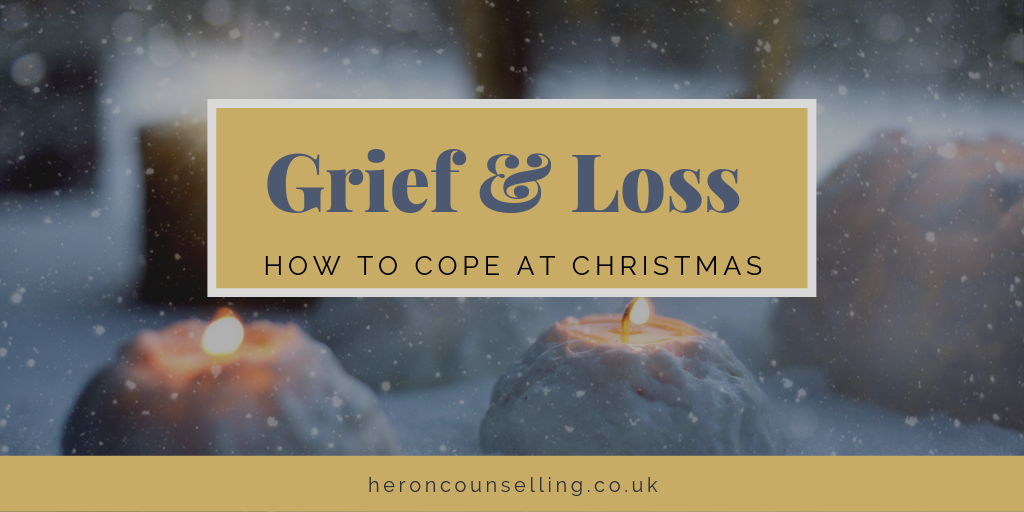We all grieve in different ways.
The models of grief various people have written about show us that there are many common features in the grief process. These features don’t all take place in every person and certainly not in the same sequence.
Perhaps we feel angry and confused and unable to cry because we haven’t yet been able to accept what’s happened or we don’t even know what happened.
Next we move into a phase where we feel we can accept our loss and begin to pick up the threads of life again. A couple of weeks later we find an odd sock belonging to the missing person and we’re right back in that angry or hopeless place – this is normal.

